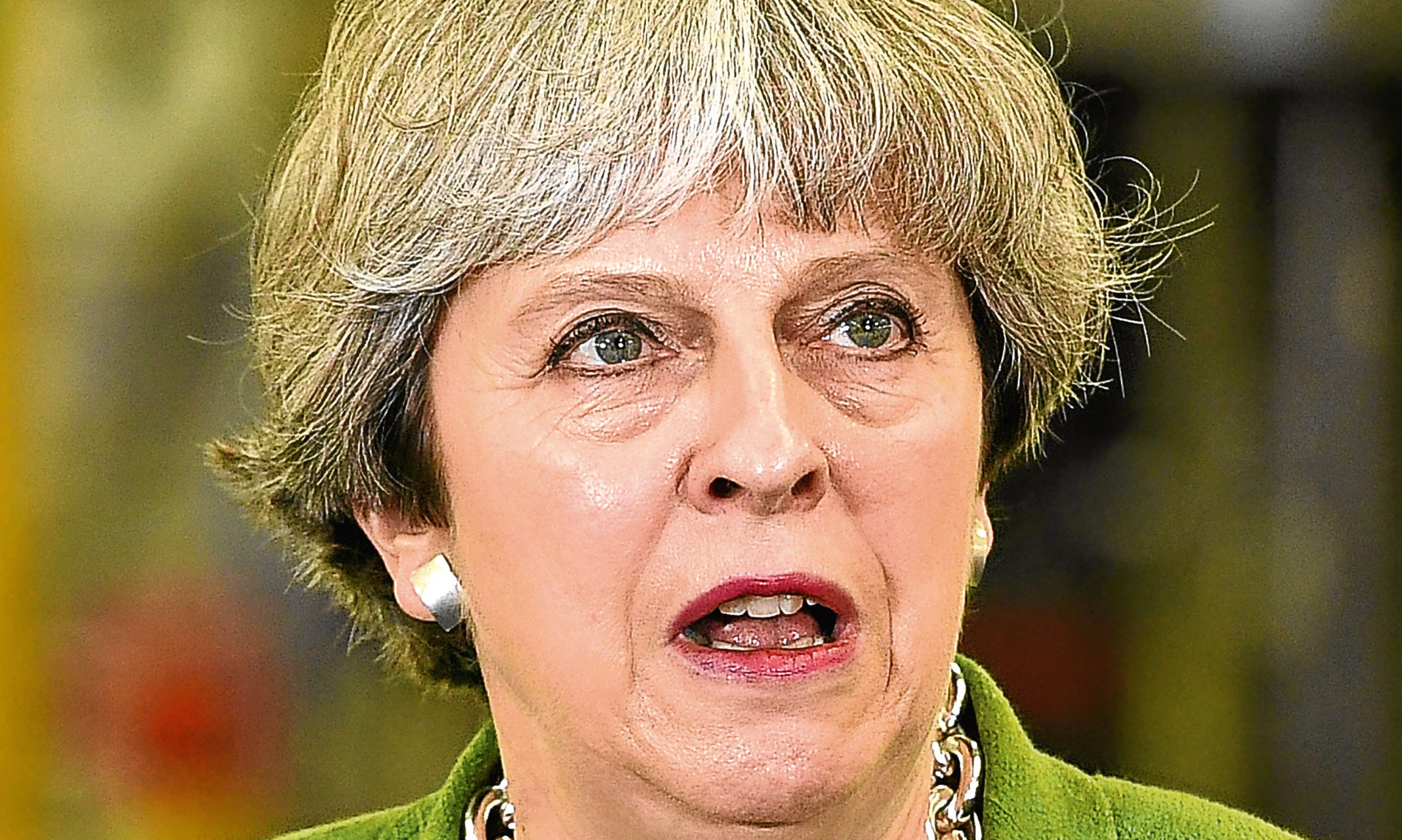Well, this is the last column before the General Election. Not that a lot of you will be queuing up to turn to me for guidance on the future direction of our nation(s).
Which only goes to prove there is still some commonsense left in the world, even if it’s proving a little difficult to track it down at this particular juncture.
I’m not a pollster or a pundit or a barrack-room politico.
I’m a member of the public – an interested member of the public, of course – but although I have views, I don’t think I have any greater insight into the great truths of life than anybody else.
Confusion and uncertainty, backed up by recent events worldwide and thrown into sharp and heart-breaking relief by the fall-out that continuing mindless acts of terrorism have on us all, currently reign, as definitively as Elizabeth II.
Although hopefully, with all due respect to Her Majesty, not for quite as long.
Public opinion
What intrigues me most, apart from the seeming inability of politicians of all colours to remember when confronted with it what they or their colleagues said five minutes ago, let alone a few years back, is the measuring of public opinion.
Polls, apart from the famous Dimbleby exit revelations of 2015, currently have as much credibility as a Diane Abbott TV interview.
But it’s fun, in a sad kind of way, to try to guess whether the opinion collectors will get it right this time and second-guess those peskily secretive and contrary voters.
Six weeks ago (is it only six weeks?) Theresa May called a General Election because she thought she would win it by a landslide.
The polls told her so. But if a week is a long time in politics, then seven weeks is an eternity.
Things are changing by the day and external factors are contributing, tragically, much more to that than any of us would ever want.
The eventual outcome may be as predicted; it may not.
At the moment, it would be a brave, not to say foolhardy, person – and someone much more in the know than most of us can claim to be – to stick their head above the political parapet on this one.
But think back to those few weeks ago. “Oh, not again!”, “Gie’s peace!” and “Make it go away,” were probably the most common reactions.
With many people, that still very well might be the case.
But back then, it’s fairly safe to assume that, voter fatigue notwithstanding, and with local elections soon out of the way, most of us probably thought there would be no further direct opportunities to influence events in the foreseeable future.
Campaigning
It was all mapped out. We had spoken and that was that.
Brexit talks were (and are) liable to drag on for at least two years and possibly longer and the next great test of electoral intent couldn’t (because of the ironically-named Fixed Term Parliaments Act) be until 2020.
We could settle down to a nice, lengthy grumble with plenty of time to gnaw our fingernails and complain about what was being done or not done in our name.
It would certainly have taken a bit more than 2020 vision to spot the position we are in now, only a week away from yet another hugely important vote.
A seven-week campaign may also count as a “snap” election but what it seems to have done, for all shades of political opinion, is to concentrate minds on the fact there is actually something we punters can still do to make our presence felt, for or against, in or out, right or left or centre.
It’s like the great line from Flash Gordon: “Flash, I love you but we’ve only got 14 hours to save the earth!”
Here, it’s as if people on all sides have suddenly woken up to the fact they can save/influence/make their voices heard about what matters to them given a chance that six weeks ago was totally unexpected.
Key week
On the “week is a long time in politics” argument, the last week of a General Election campaign tends to be the one that, literally, counts.
Focus, rather than focus groups, might be the factor that makes the difference.
There is probably still all to play for – and as deadlines close in, it’s usually assumed that people tend to revert to traditional positions or what they see as the safe option.
Though these aren’t necessarily the same thing.
Remember the old tale of the man who offended a king and when he was sentenced to death, begged for a year’s grace?
He claimed that, given that time, he could teach the king’s horse to talk.
The king, intrigued, agreed although the man’s family and friends were aghast at what seemed like an absurd promise.
But he just said: “In a year, the king may die. Or I may die. Or the horse may talk.”
If this past political year has taught us anything, it is that anything can happen.










